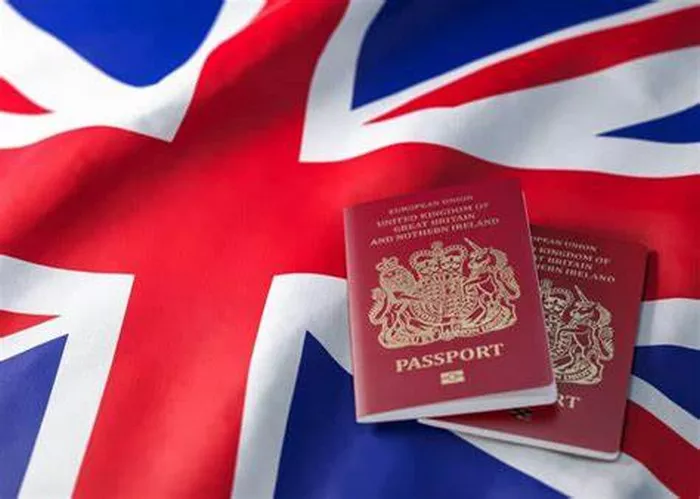Achieving permanent residence in the United Kingdom is a significant milestone for many individuals seeking long-term settlement. Whether for work, study, family reunification, or other reasons, understanding the process and requirements is crucial for a successful application. In this article, we provide a comprehensive guide outlining the steps and criteria involved in obtaining permanent residence in the UK.
Understanding Permanent Residence
Permanent residence, also known as indefinite leave to remain (ILR), allows individuals to live and work in the UK without any time restrictions. It provides a pathway to settlement and offers various benefits, including access to public funds and the ability to apply for British citizenship after a specified period.
Eligibility Criteria
Before applying for permanent residence in the UK, it’s essential to ensure that you meet the eligibility criteria set by the UK Visas and Immigration (UKVI). The requirements may vary depending on your current immigration status, but typically include:
1. Continuous Residence: Applicants must demonstrate a continuous period of lawful residence in the UK. This period usually ranges from five to ten years, depending on the immigration category under which you entered the country.
2. Immigration Category: Your eligibility for permanent residence may depend on the specific visa category you currently hold. Common categories include work visas, family visas, student visas, and refugee status. Each category has its own set of requirements and criteria.
3. Good Character: Applicants must prove that they are of good character and have not breached any immigration laws during their time in the UK. This includes maintaining a clean criminal record and complying with immigration regulations.
4. Knowledge of English Language and Life in the UK: In some cases, applicants may need to pass the Life in the UK test and demonstrate proficiency in the English language. This requirement aims to ensure that individuals have integrated into British society and have a basic understanding of the language and culture.
Application Process
Once you have determined your eligibility for permanent residence, the next step is to prepare and submit your application to the UKVI. The application process typically involves the following steps:
1. Gather Required Documents: Compile all necessary documents, including proof of identity, residency, employment, finances, and any other supporting evidence required for your specific immigration category.
2. Complete the Application Form: Fill out the appropriate application form provided by the UKVI, ensuring accuracy and completeness. Double-check all information before submission to avoid delays or rejection.
3. Pay the Application Fee: Pay the required application fee, which varies depending on your immigration category and whether you apply online or by post. Fee waivers may be available for certain individuals, such as asylum seekers or victims of domestic violence.
4. Attend Biometric Appointment: If applying from within the UK, schedule a biometric appointment to provide your fingerprints and photograph. This step is necessary for identity verification and security purposes.
5. Await Decision: After submitting your application and attending any necessary appointments, await a decision from the UKVI. Processing times may vary, but you can track the status of your application online or through other channels provided by the UKVI.
6. Receive Permanent Residence Status: If your application is approved, you will receive a Biometric Residence Permit (BRP) confirming your permanent residence status in the UK. This document serves as official proof of your right to live and work in the country indefinitely.
Maintaining Permanent Residence
Once granted permanent residence in the UK, it’s essential to understand your rights and responsibilities to maintain your status. Some key points to keep in mind include:
1. Compliance with Immigration Laws: Continue to comply with immigration laws and regulations to avoid jeopardizing your permanent residence status. This includes adhering to visa conditions, updating the UKVI of any changes in circumstances, and renewing necessary documents on time.
2. Absence from the UK: Be mindful of the rules regarding absences from the UK. While permanent residents are allowed to travel freely in and out of the country, extended absences may affect eligibility for British citizenship or future immigration applications.
3. Integration and Contribution: Take steps to integrate into British society and contribute positively to your community. This may include participating in civic activities, volunteering, or pursuing further education or employment opportunities.
4. Renewal and Citizenship: While permanent residence grants indefinite leave to remain in the UK, it’s essential to consider the option of applying for British citizenship after meeting the residency and eligibility requirements. Citizenship offers additional rights and benefits, including the ability to vote and hold a British passport.
Conclusion
Obtaining permanent residence in the United Kingdom is a significant achievement that provides stability and security for individuals seeking long-term settlement. By understanding the eligibility criteria, application process, and requirements for maintaining permanent residence status, applicants can navigate the system successfully and build a brighter future in the UK. With careful preparation and adherence to immigration laws, achieving permanent residence is an attainable goal for many individuals seeking to call the UK their home.


